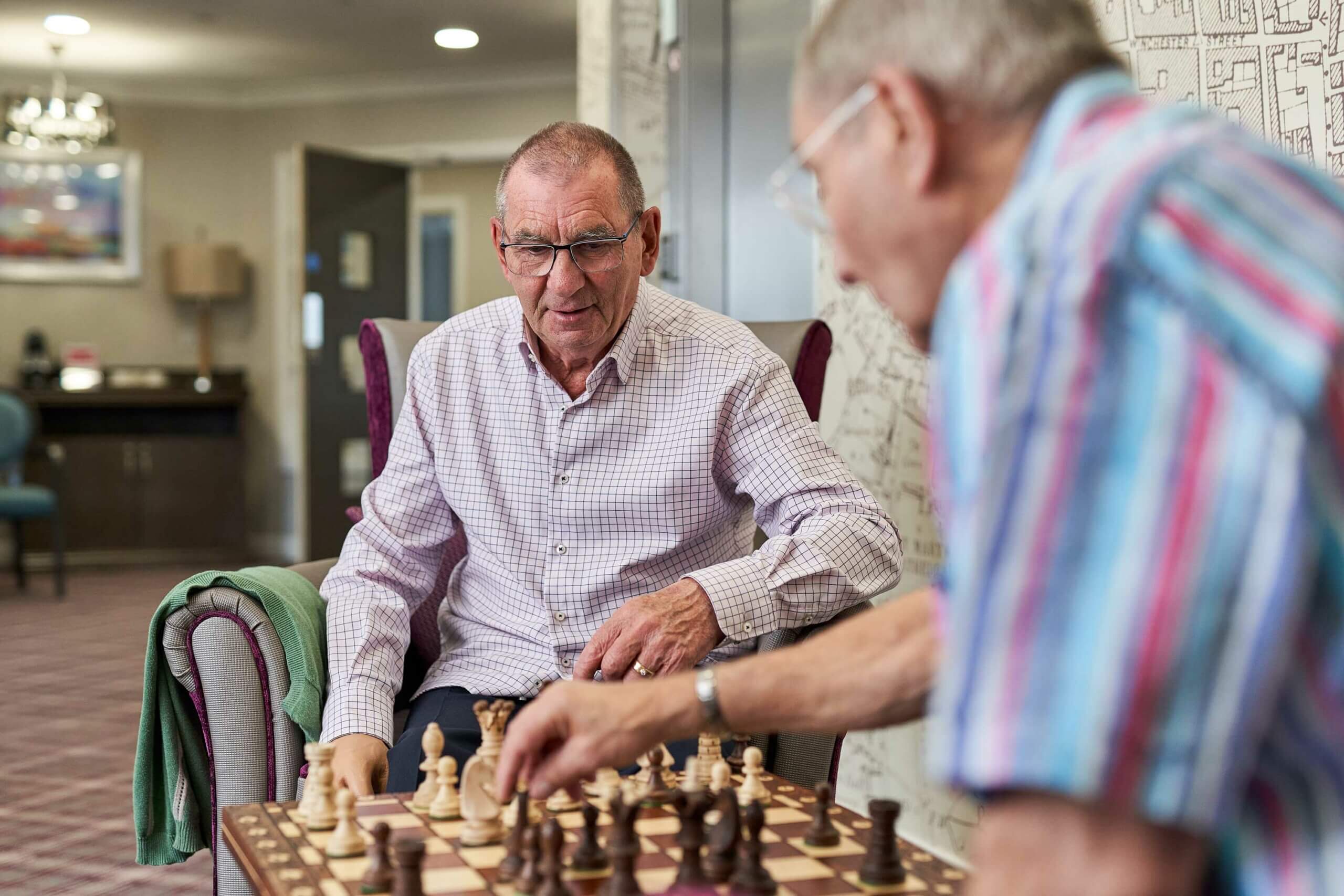Memory lapses are a common part of aging, affecting both young and old alike. We all occasionally forget what we intended to say, which words to use, or why we entered a room. Such instances are often dismissed as typical age-related forgetfulness, especially when spending time continuously with someone.
However, when an individual struggles to follow a conversation or forgets recent events or locations, it raises concern among loved ones and caregivers that these could be signs of dementia.

According to the NHS, over 850,000 people in the UK are living with dementia. This condition affects 1 in 14 individuals over 65, and 1 in 6 over 80. As life expectancy increases, so does the prevalence of dementia. Projections suggest that by 2025, more than a million people in the UK will be affected by this condition.
A Guide to Early Dementia Symptoms
Early detection of dementia is crucial for timely intervention. Recognising the initial signs of cognitive decline can prompt a professional diagnosis, distinguishing dementia from treatable conditions like urinary infections, depression, or nutritional deficiencies, which can present similar symptoms.
Key early signs to monitor include:
Subtle signs of memory loss can be easily overlooked. These include forgetting why one entered a room, where items were placed, or whether a meal was eaten. Repeatedly asking the same questions or failing to recognise familiar faces can also indicate early dementia.
Individuals may become uncharacteristically withdrawn, hesitant to go out alone, or stop participating in hobbies they once enjoyed. They might also place objects in unusual locations, such as a TV remote in the fridge, which becomes apparent to caregivers and loved ones over time.
Early dementia can manifest through communication issues. An affected person might struggle to follow conversations, find the right words, or seem vague and unresponsive. They might also revert to their first language if English is not their mother tongue.
As dementia progresses, it impacts daily functioning. Gardens may be neglected, homes left uncleaned, and meals forgotten. Personal hygiene and dressing properly can also become challenging, indicating a significant decline in independence.
A diagnosis is essential for managing dementia. If you notice these signs in a loved one, encourage them to visit their GP for evaluation. Early diagnosis can lead to better management and access to appropriate support, potentially delaying the need for professional care.
Understanding the early signs of dementia is vital for timely intervention and support. As we navigate this growing health challenge, awareness and proactive care can significantly impact the quality of life for those affected.